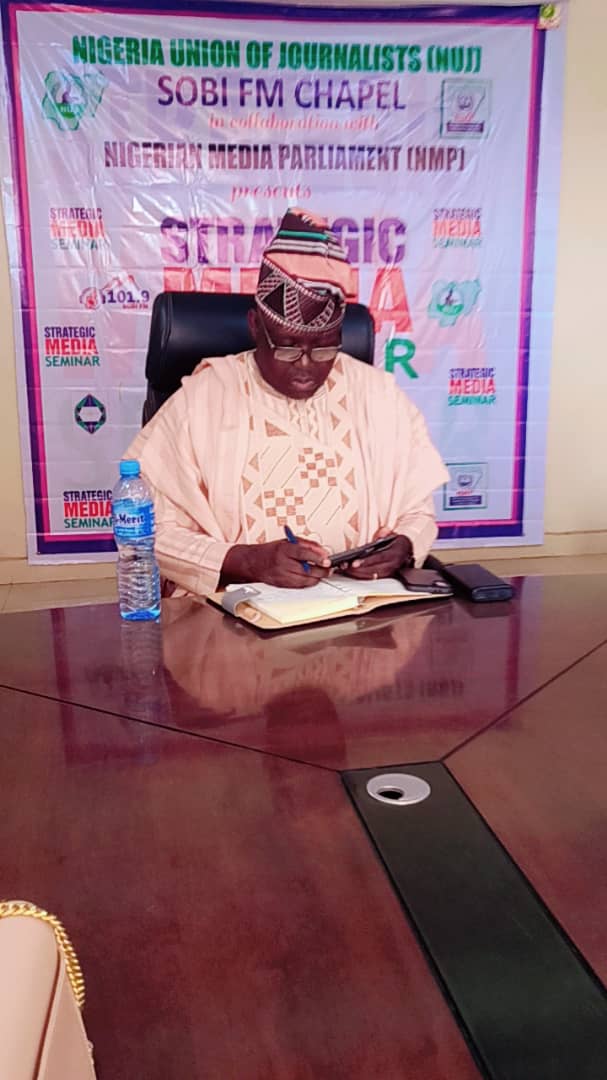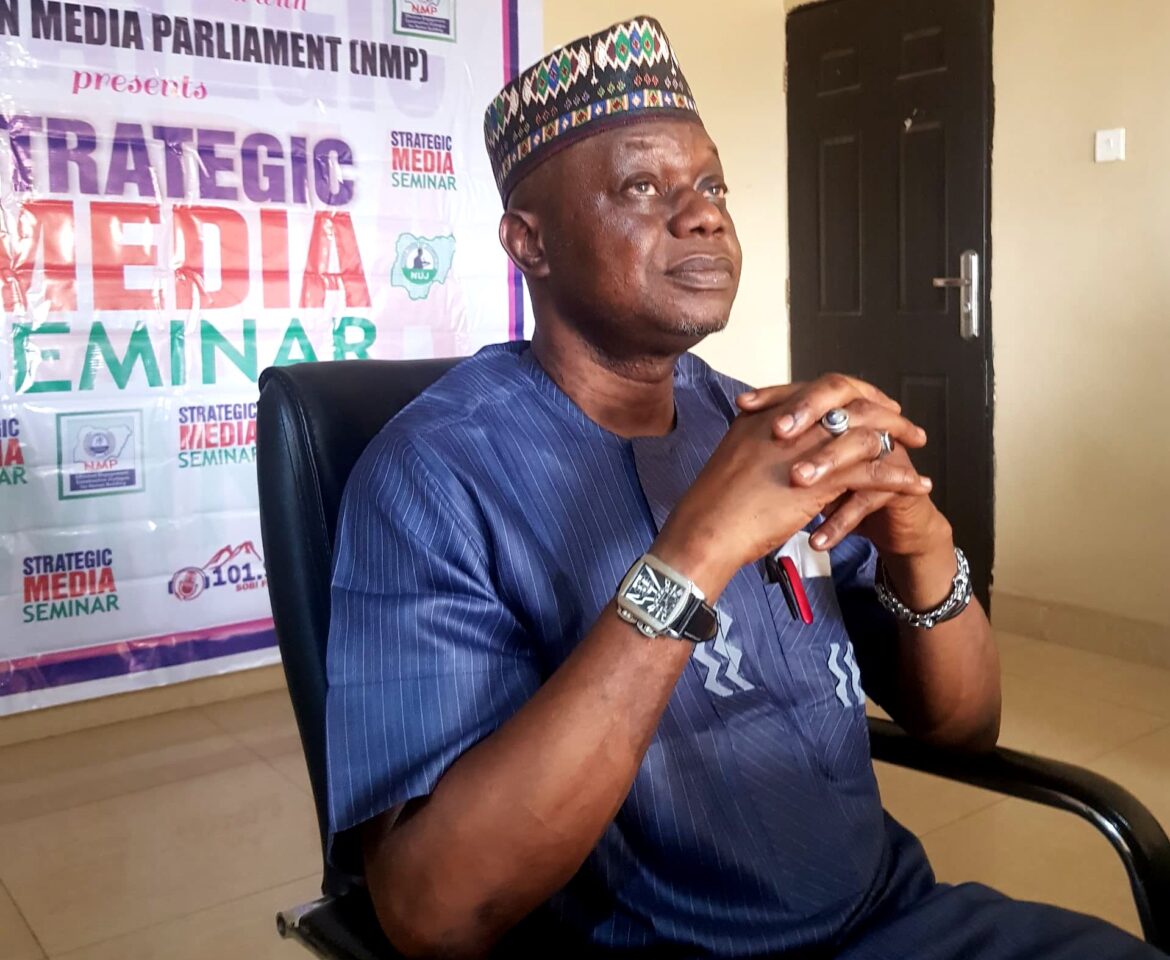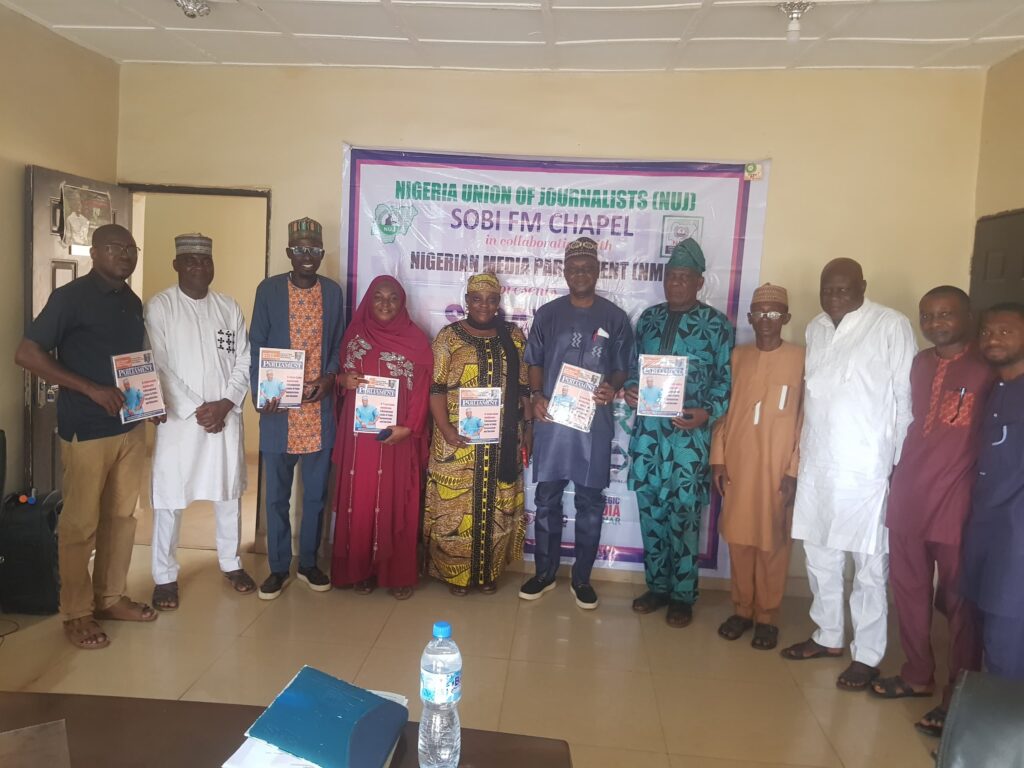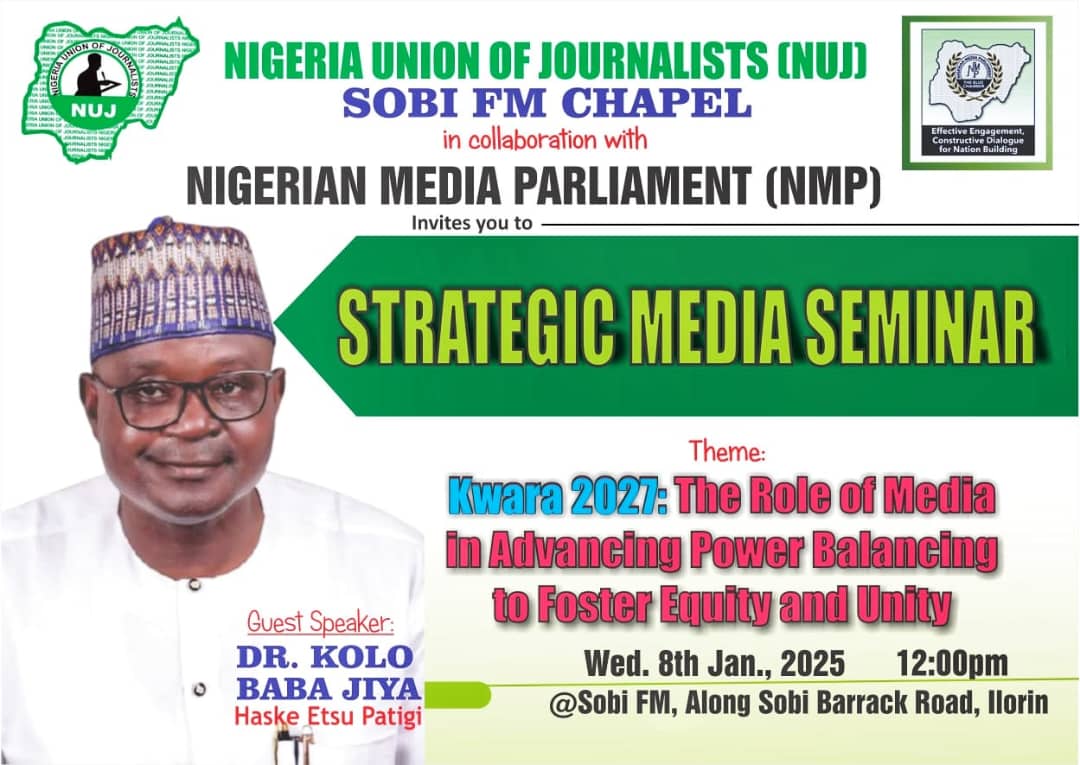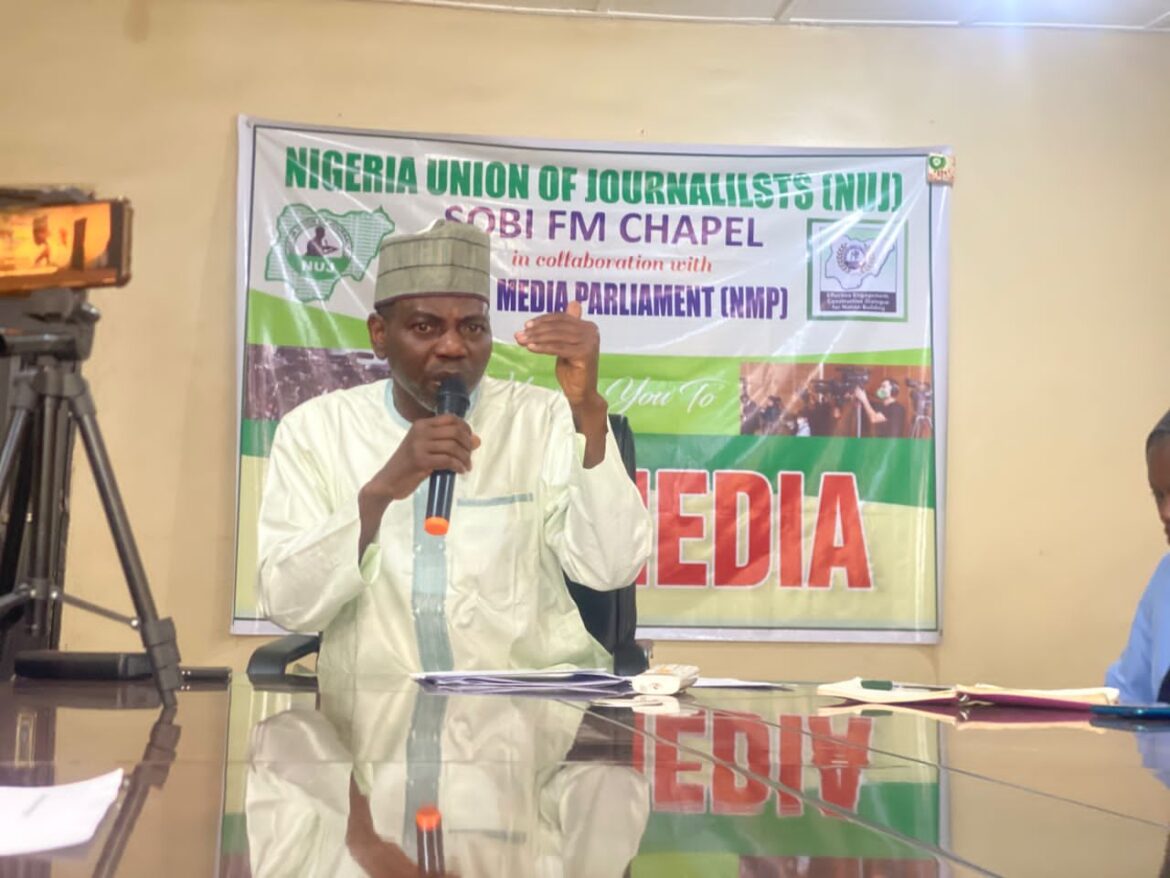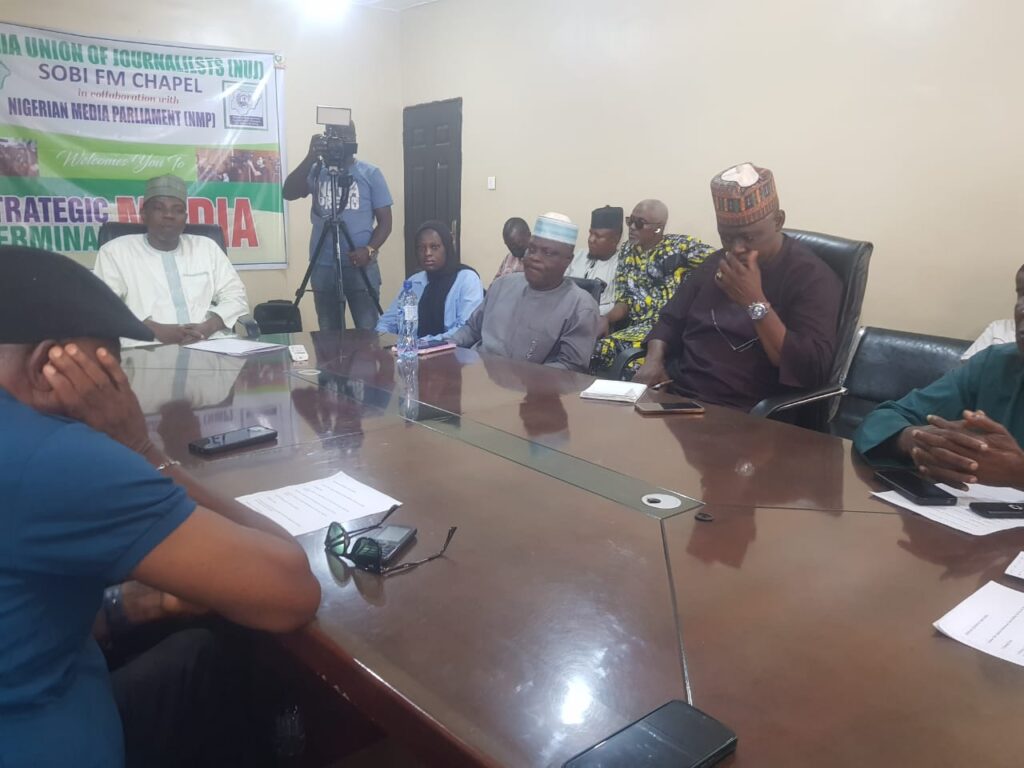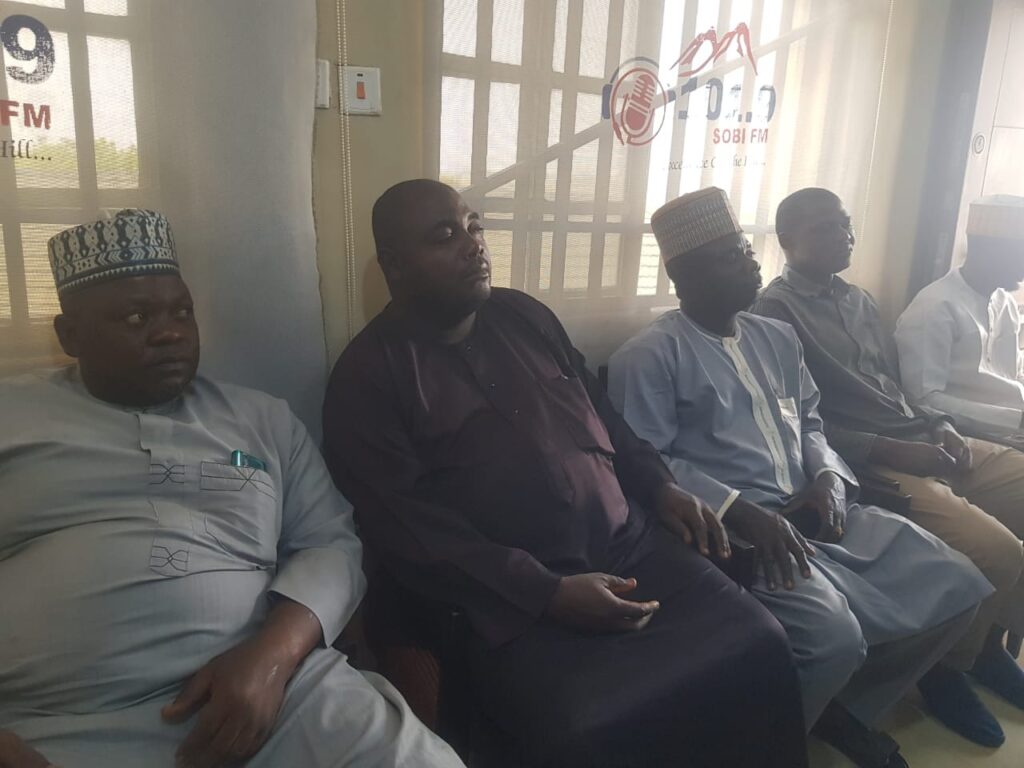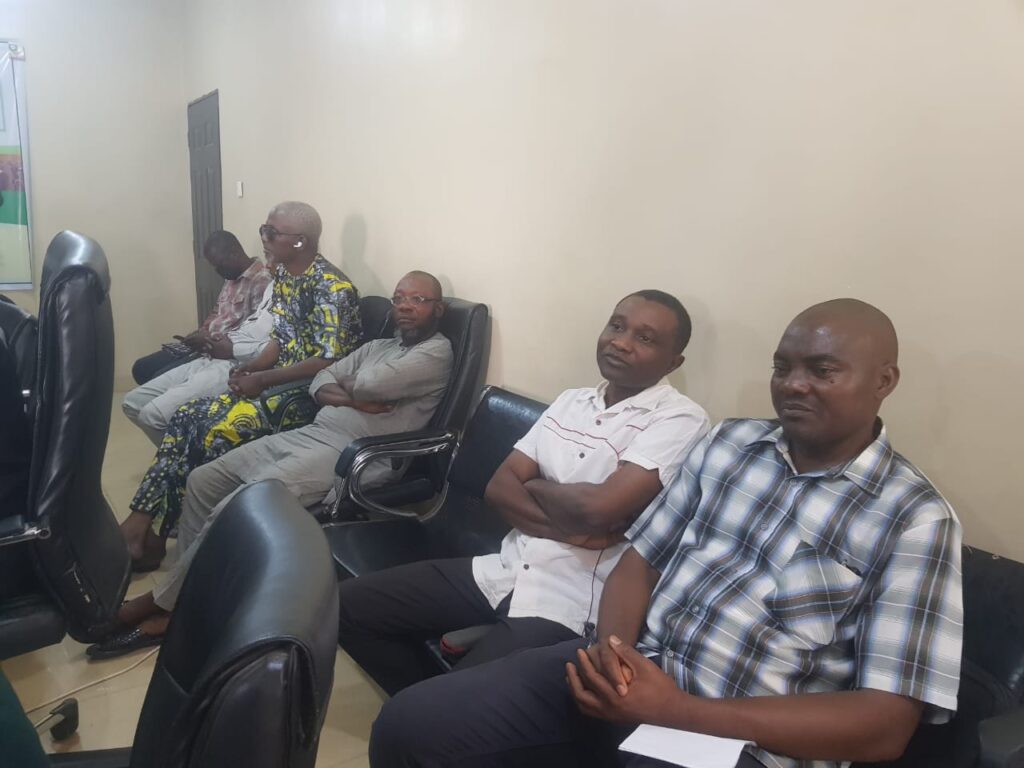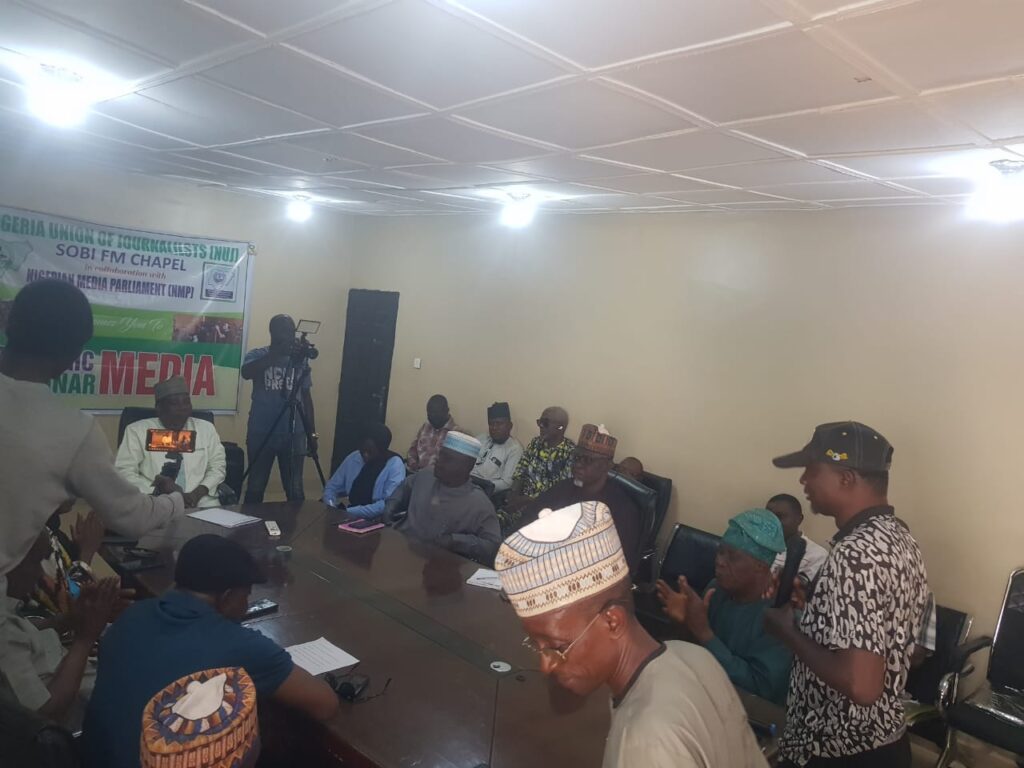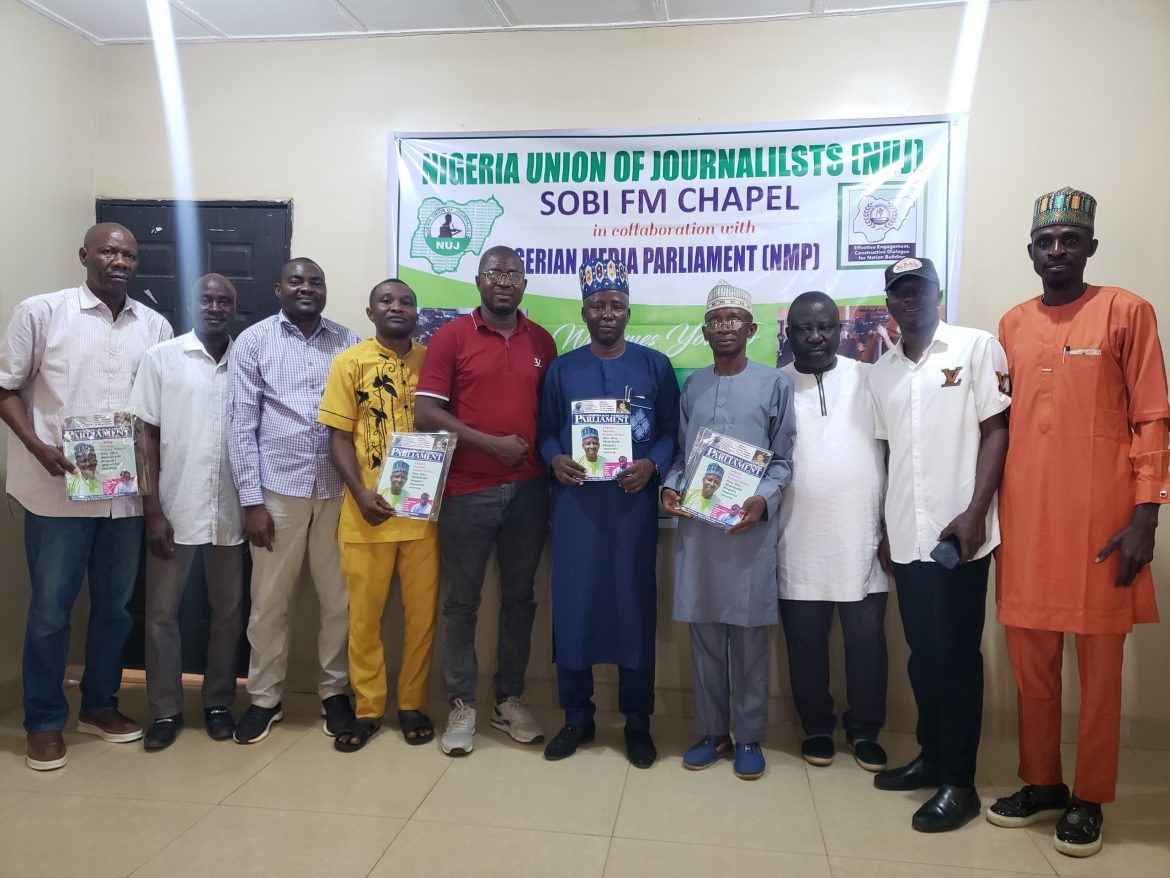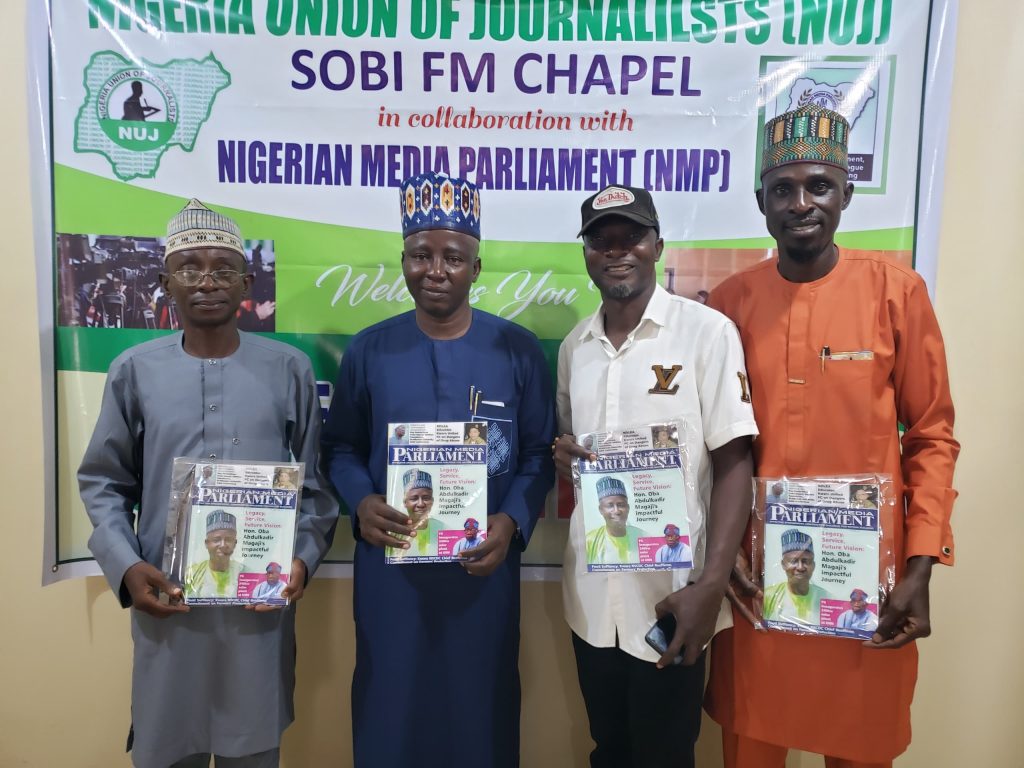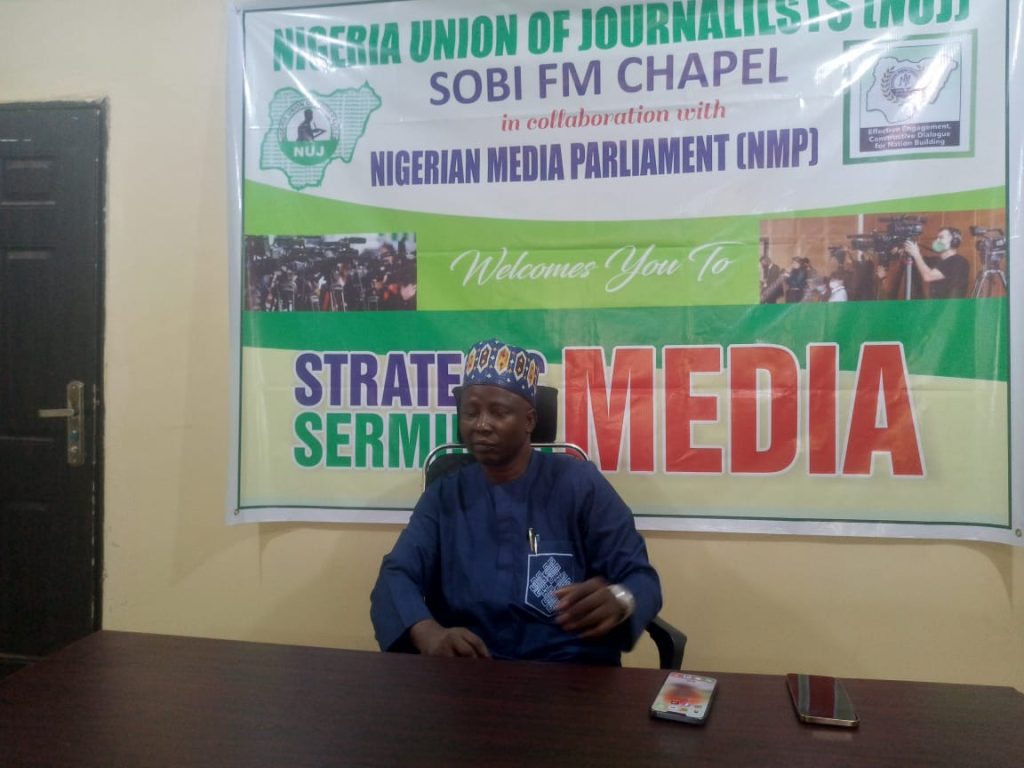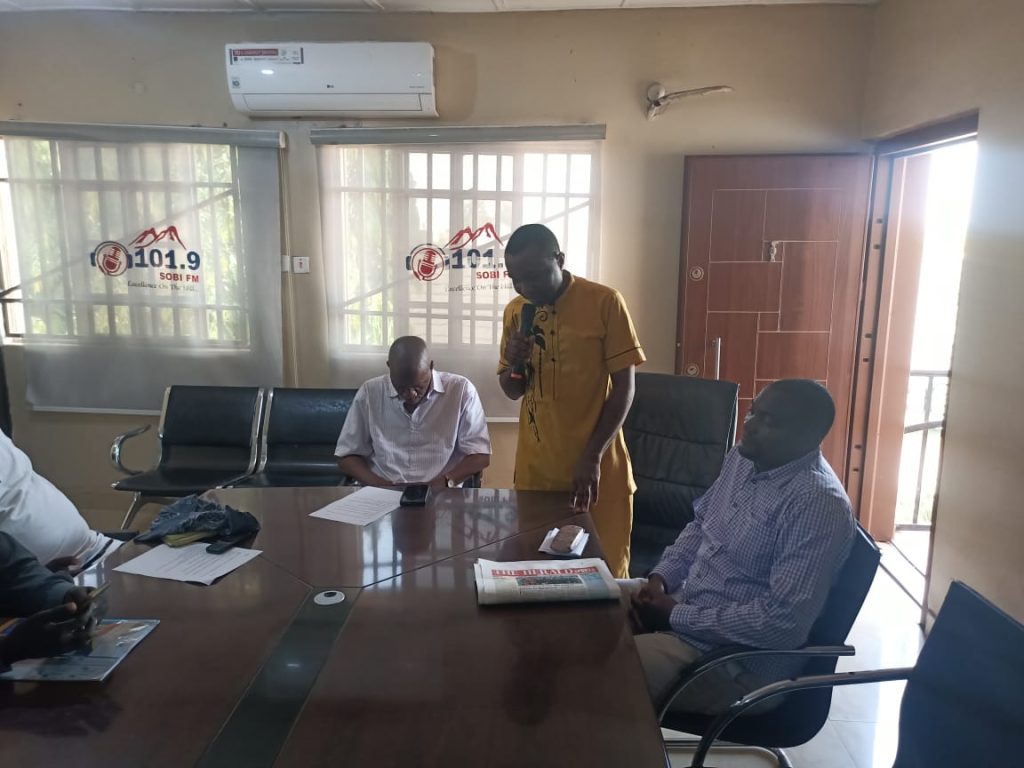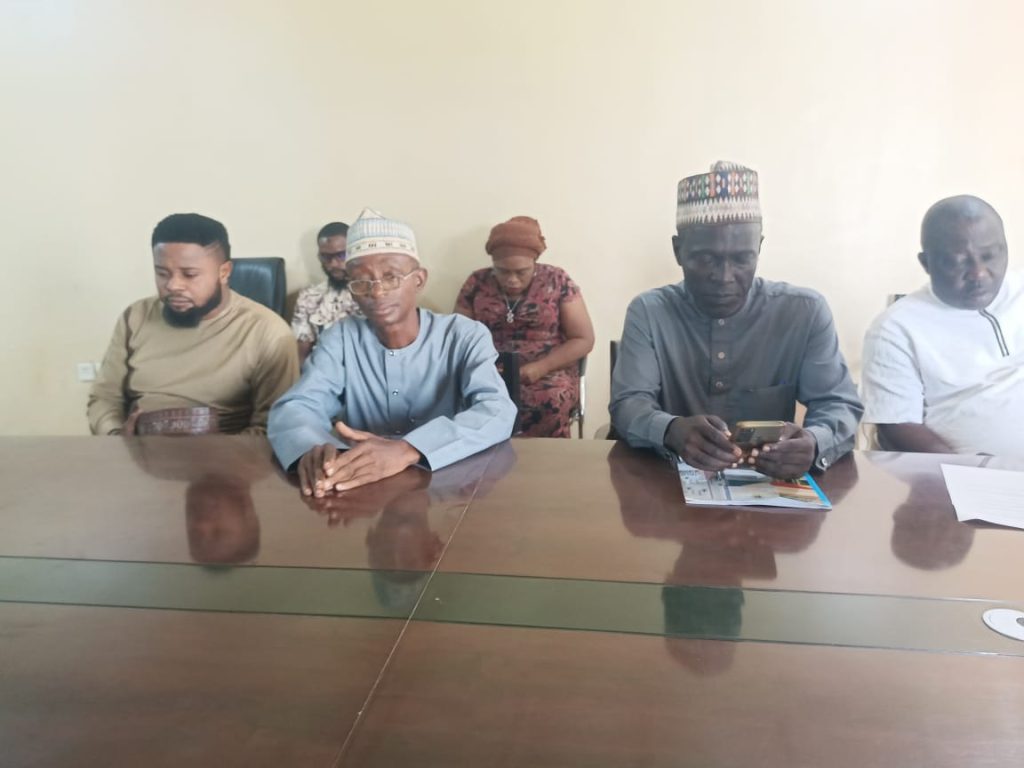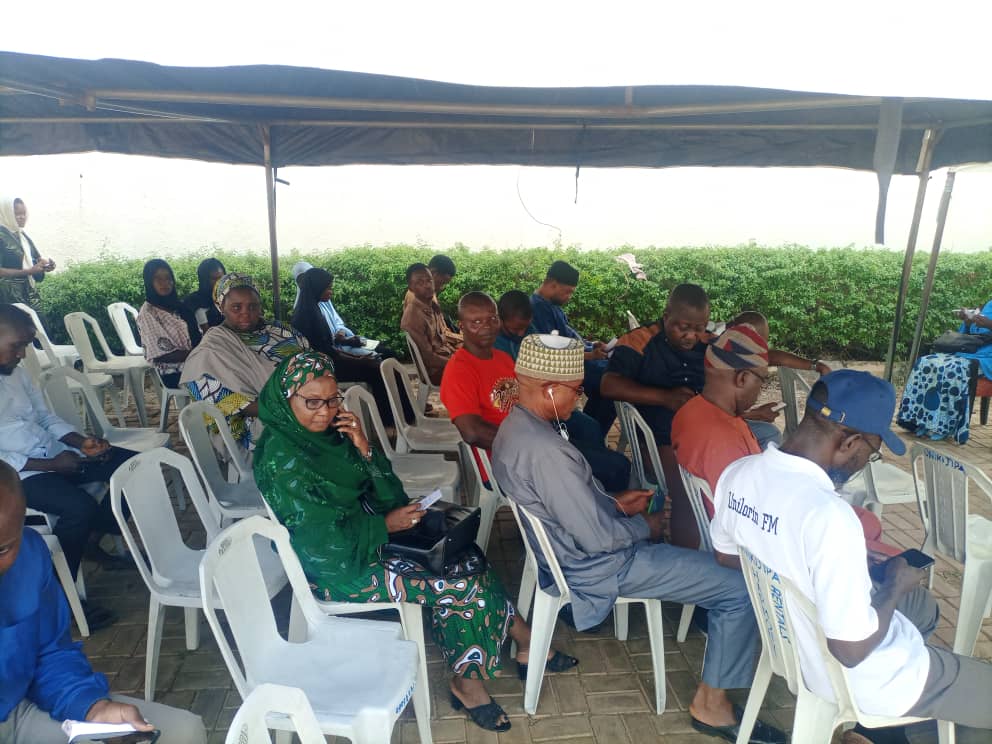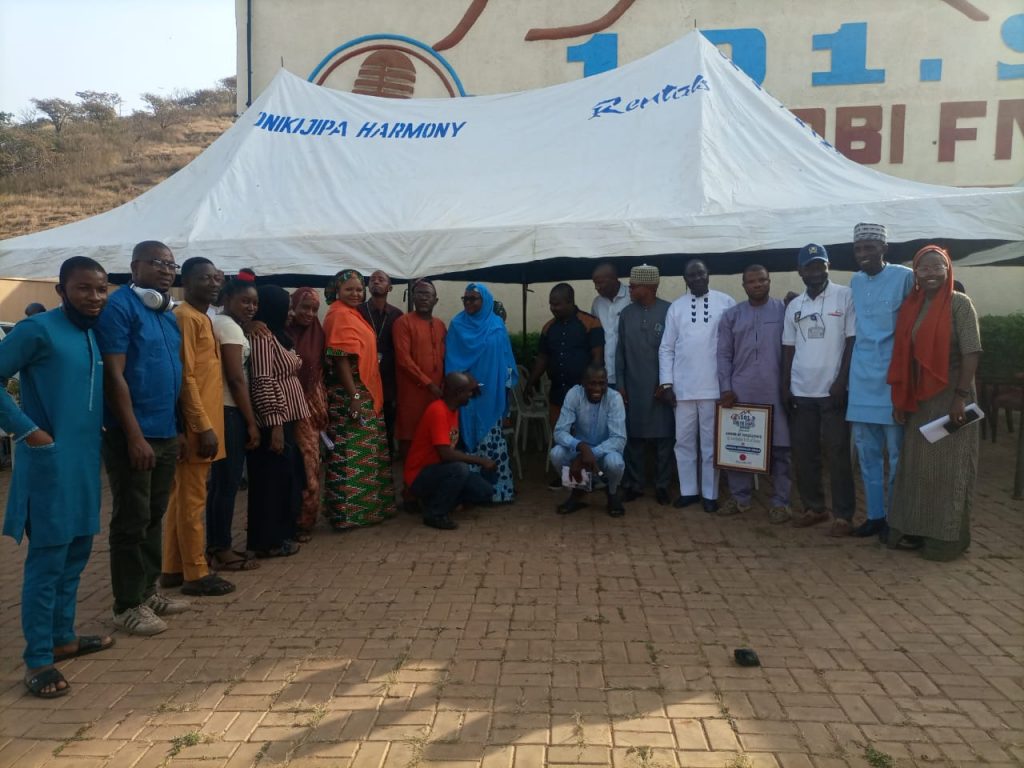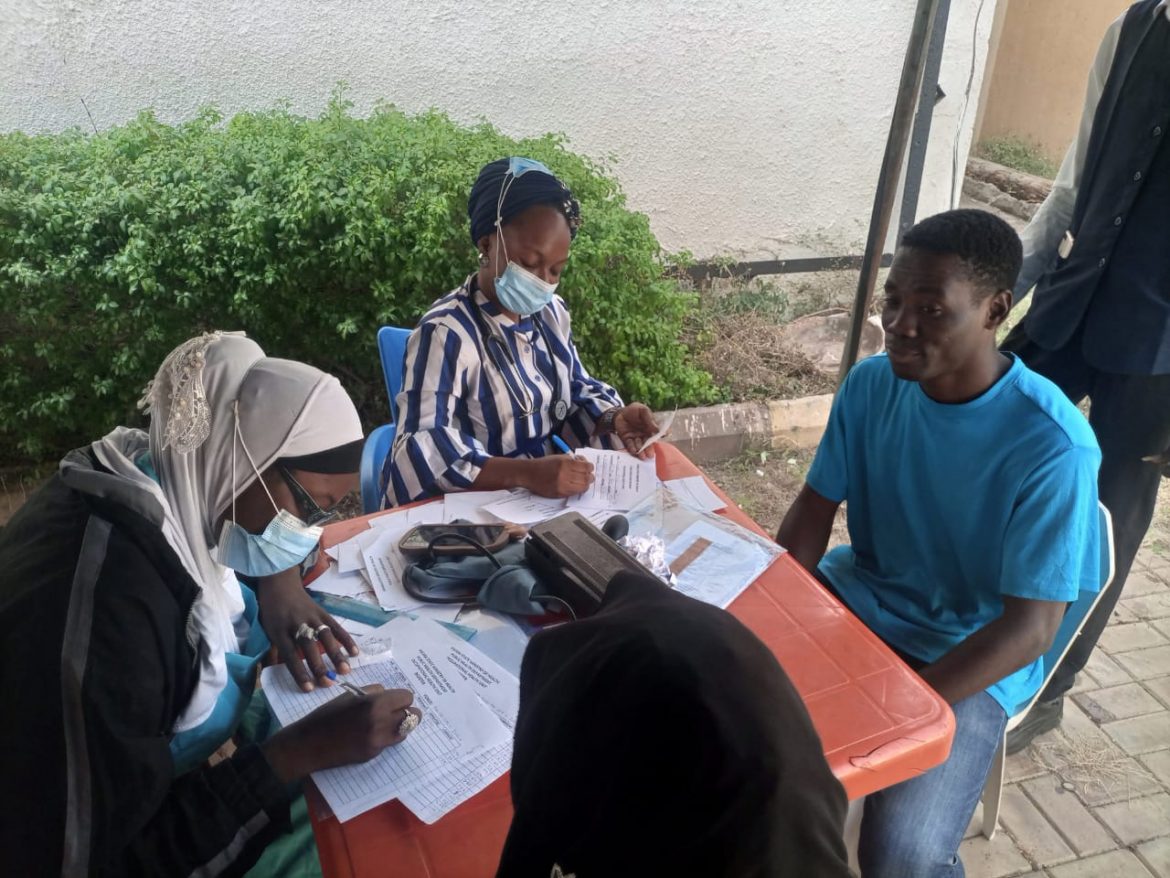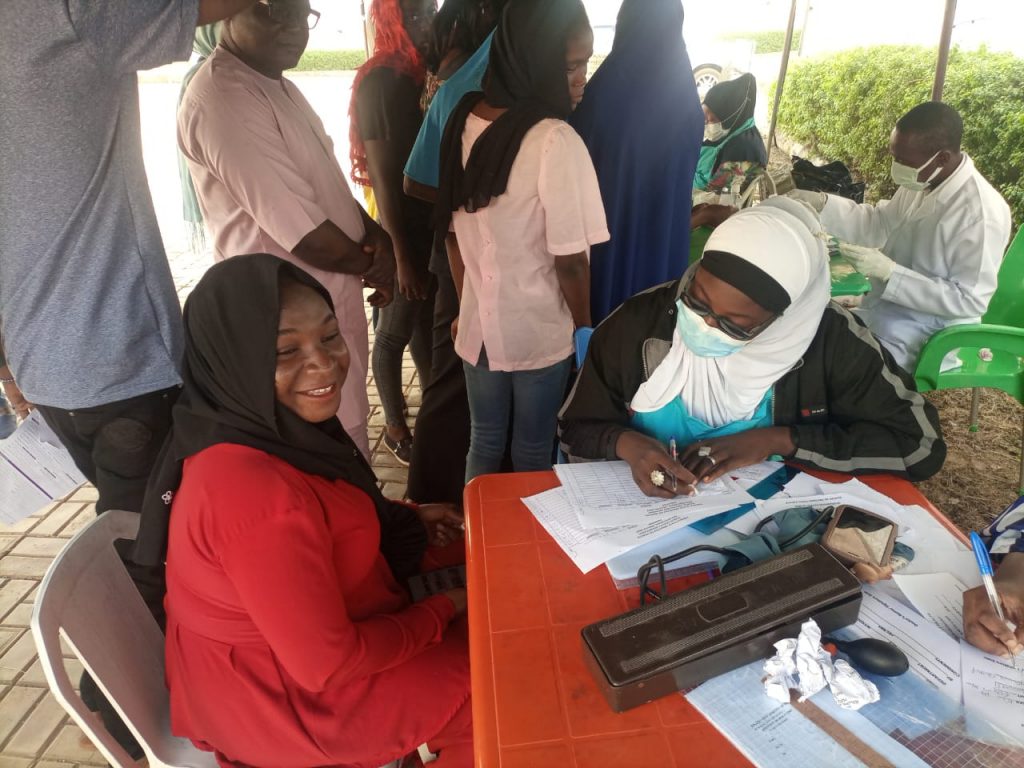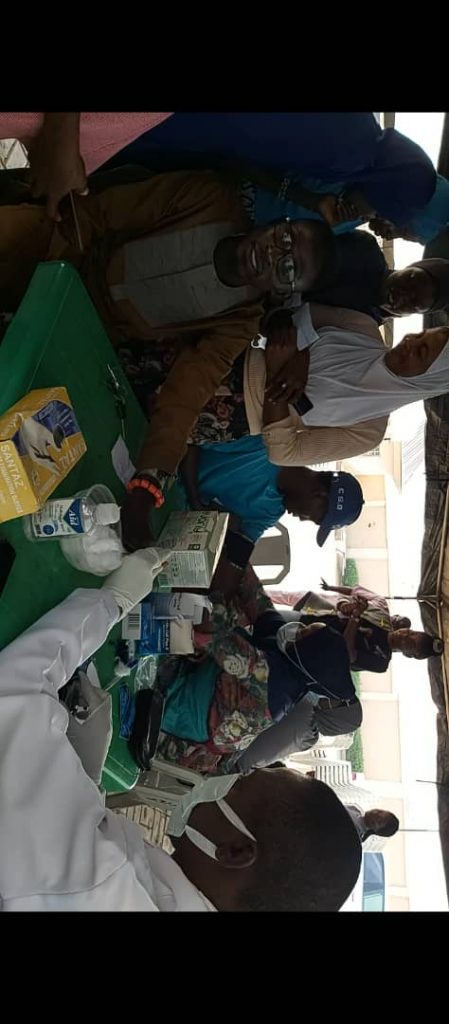Engr. Nurudeen Adeyemi, a member of the Tertiary Education Trust Fund (TETFund) board, has emphasized the critical role the agency is playing in advancing President Bola Ahmed Tinubu’s education reform agenda.
Speaking at the 5th Strategic Media Stakeholders’ Seminar in Ilorin, organized by the Sobi FM Chapel of the Nigerian Union of Journalists (NUJ), Kwara State Council, and the Nigeria Media Parliament, Adeyemi outlined TETFund’s significant contributions to reshaping Nigeria’s higher education landscape.
The seminar, which focused on the theme “The Role of TETFund in Repositioning Nigeria’s Higher Education,” provided a platform for stakeholders to explore the agency’s transformative role.
Adeyemi noted that TETFund’s investment in infrastructure, academic training, research funding, and innovation has positioned the organization as a central force in the education sector.
He stressed that TETFund’s interventions align with President Tinubu’s vision of modernizing Nigeria’s tertiary institutions, ensuring that students acquire the skills needed for a competitive global environment.
“TETFund has become an essential vehicle for implementing the President’s vision, driving significant changes through investments in infrastructure, human capital development, and research,” Adeyemi stated.
He further highlighted TETFund’s involvement in the Nigeria Education Loan Fund (NELFUND), which is designed to improve access to higher education by providing long-term financing.
Adeyemi described NELFUND as a project with long-lasting benefits, intended to impact future generations and support the administration’s commitment to enhancing student financial aid.
